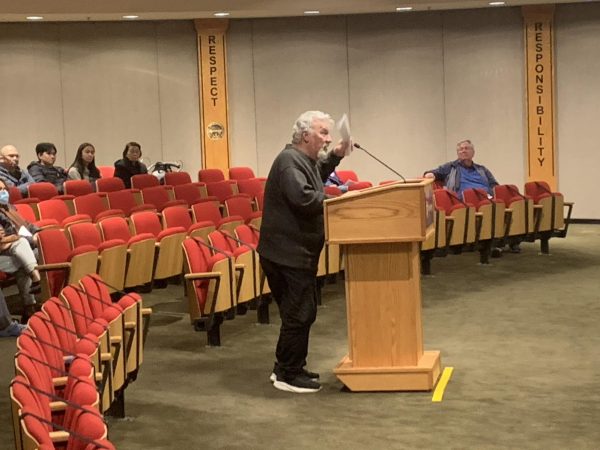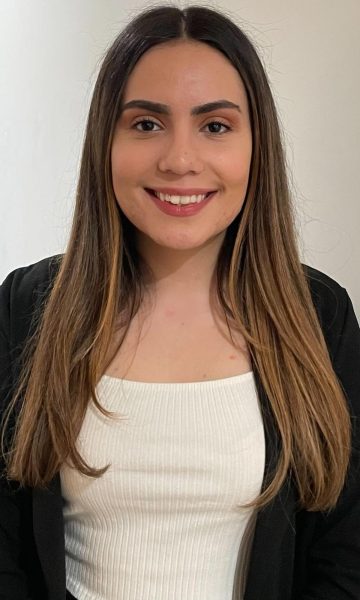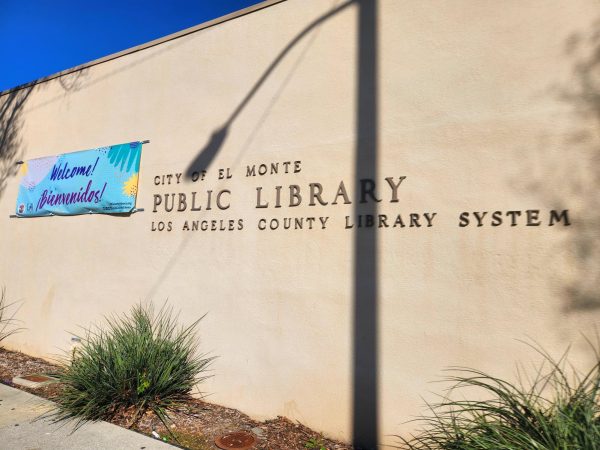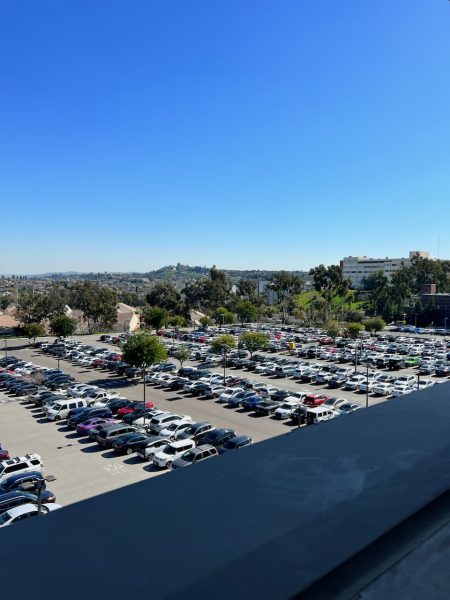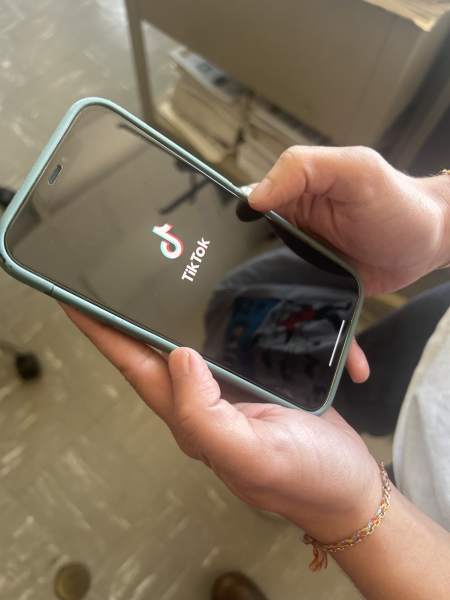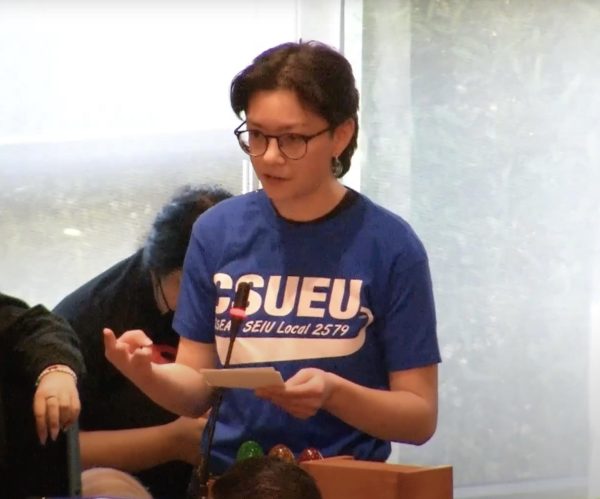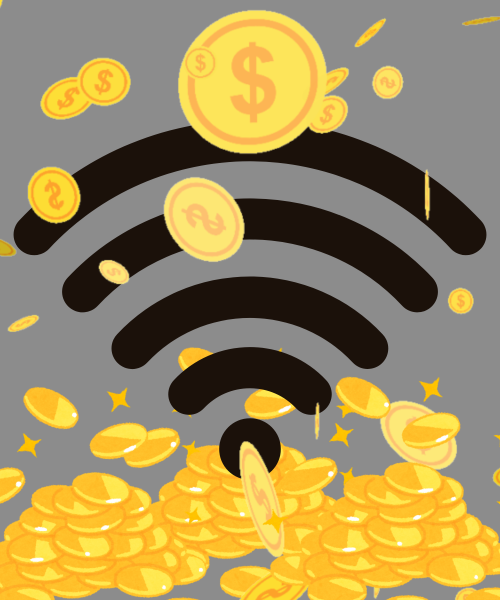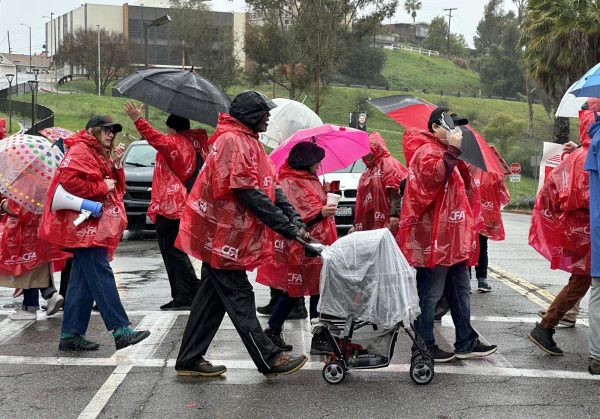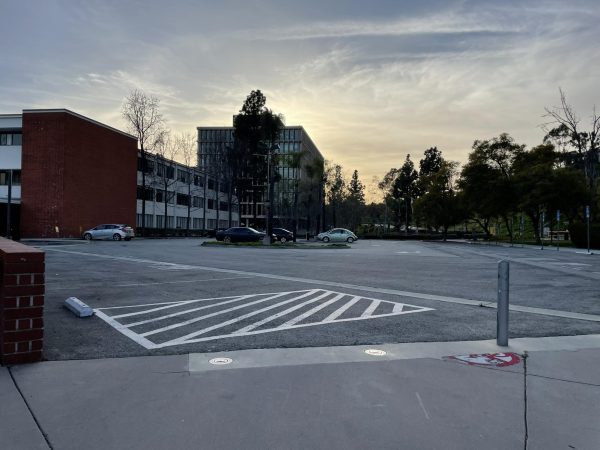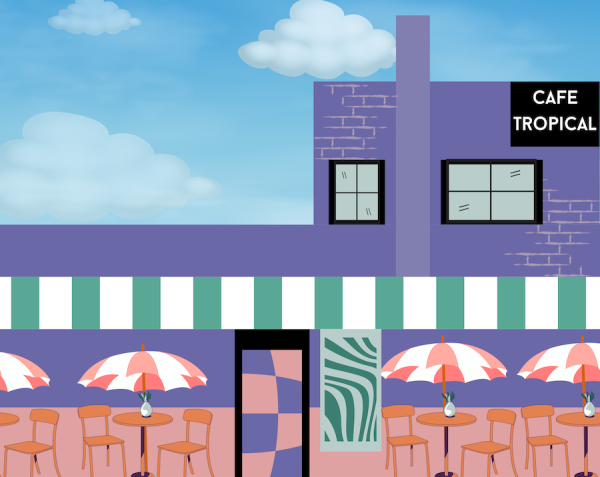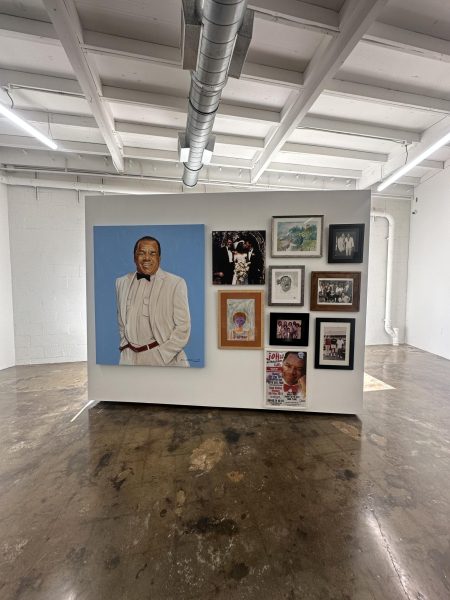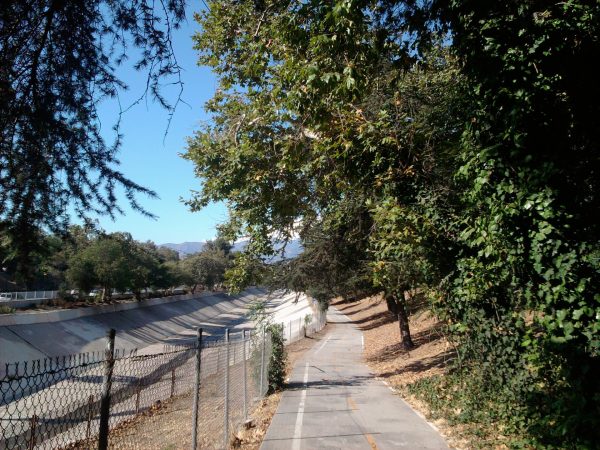Housing Measure Would Raise Billions for Residents
Proposition 1 would raise $4 billion for affordable housing.
East and South L.A. residents struggling with the high cost of rent may get help if voters approve a state ballot measure to borrow $4 billion dollars for more affordable housing construction and subsidized home loans for new homeowners.
The biggest chunks of that money –$1 billion and $1.5 billion–would be applied to providing home loans for veterans and low-income rental housing, respectively. Specifically, the funds would help build, refurbish and preserve rental housing for people earning 60 percent or less in their area.
Proposition 1, also known as the Affordable Housing Bond Act of 2018, incorporates home assistance options for the homeless and would help build more housing near public transportation, according to the ballot measure language.
According to the U.S. Department of Housing And Urban Development, there are 554,000 homeless people in California, which increased from last year by 16 percent.
Working class families are also feeling the pinch.
A number of nonprofits, homeless advocacy groups and newspaper editorial boards – including the Los Angeles Times’ – support the measure.
“Implementing policies to provide cost relief to affordable housing projects in the county is our priority,” said Elisa Vasquez, manager of communication and public affairs for Community Development Commission of the County of Los Angeles.
Opponents questioned whether the money would be used wisely. For instance, Christian Rivera, a fourth-year criminal justice major at Cal State LA, said he has mixed feelings about the proposition.
“People just find a way to complain about everything. Living in L.A. is expensive and if you can’t afford it, then sadly you will have to move somewhere affordable,” he said.
“I am completely for helping out low-income families since I have many friends who deal with similar circumstances, but how would it help the homeless problem in California if there are some homeless people who prefer to live on the street?”, said Rivera.
While some homeless people may prefer living on the street, many suffer from mental illnesses, according to a study by the National Institute of Mental Health. In fact, up to one-fourth of homeless people in the United States suffer from severe mental illnesses.
Sometimes, incentives to add more basic housing – such as single-room units – can make a big difference, according to Vasquez.
“These single room models propose a viable low-cost of housing since they are very minimal with communal bathrooms and kitchens”, she said.


